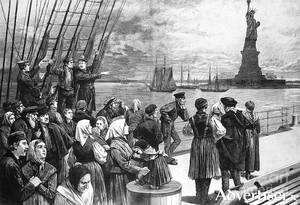Search Results for 'Timothy Collins'
7 results found.
Galway’s ‘Titanic’ burst into flames in the Atlantic
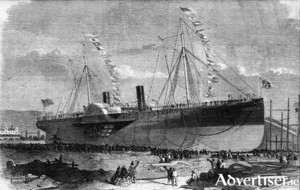
On Saturday October 6 1860 approximately one hundred miles out from Boston, the PS Connaught, one of the biggest and most spectacular transatlantic ships of its day, hit a storm, and sprung a leak. As water poured into the engine room, an auxiliary coal-fired engine was started which sparked a fire which rapidly spread out of control. Flames and smoke forced the 591 passengers and crew on to the top deck.
A hero’s welcome in New York for first Galway Line ship
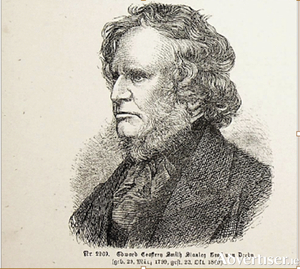
The unfortunate collision of the Indian Empire into the well marked Margaretta Rock in the middle of Galway Bay was a blow to the newly established Galway Line. But by no means was it a knockout. Galway’s vaulting ambition to open a new ‘highway between the old and new worlds’ took on an even more determined energy. The exploitation of steam-power, driving ever bigger ships and faster trains, led to wild speculation as to what could be achieved even from Galway, in the middle of the 19th century.
Did a midsummer murder silence a guilty pilot?
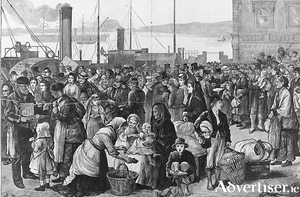
In June 1858 Galway town was in a fever of wild speculation and excitement. Its vision for a magnificent transatlantic port off Furbo, reaching deep into Galway Bay, where passengers from Britain, and throughout the island of Ireland, would be brought to their emigration ship in the comfort of a train, now faced being scuppered by the apparent criminal intent of the two local pilots.
The saga of the great ship continues
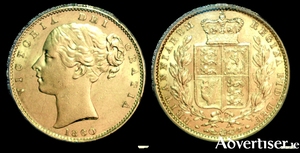
During the last week of October 1860 members of the crew of the Connaught began to return to Galway. On October 28 the first to arrive came by train ‘where a large number of people on that afternoon were at the station to welcome them back.’
Galway’s heroic attempt to get into the transatlantic business
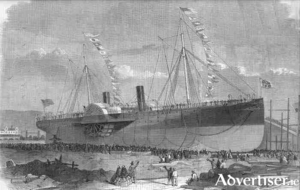
Reading through William Henry’s comprehensive digest of the story of Galway * from its original foundation on the banks of the Corrib to the present day, I am reminded that there was an extraordinary burst of optimism and creative energy in the middle of the 19th century despite the ravages of the Great Famine barely a decade before.
Racing the Union’s blockade of Confederate ports
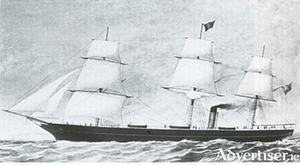
The American Civil War (1861-1865) offered rich pickings to qualified seamen and shipowners looking for quick profits. The Union blockade of southern ports was beginning to have an effect on Confederate trade. But any ship which steamed safely through the blockade could command high prices for its cargo. On the homeward journey, if you were lucky, large profits could be made on a cargo of cotton which was in big demand in Britain.
